Amid silence, atrocities in Darfur have restarted
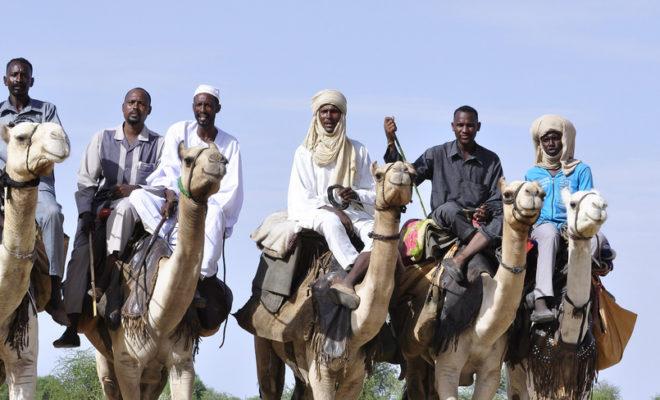
Witnesses say that following clashes with armed rebels, pro-government militias have embarked on a military campaign against civilians.
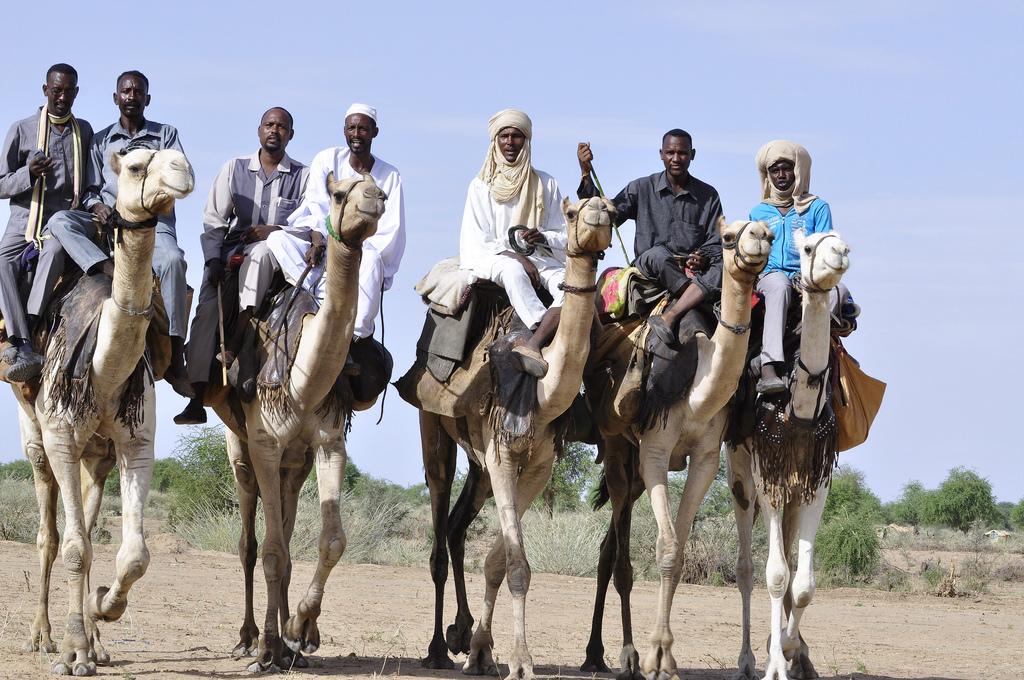
A group of Darfuris prepare to take part in a camel race. Credit: Amin Ismael. UNAMID.
The 14-year conflict in Darfur is now entering a new and devastating phase.
The notorious Janjaweed militia – reconstituted as the Rapid Support Forces (RSF) – is currently carrying out fresh scorched-earth campaigns targeting non-Arab groups in the western Sudanese region.
On 19 May, government forces alongside the RSF clashed with armed rebel movements. Witnesses and statements issued by area representatives claim that, in the aftermath of that battle and amidst ongoing fighting, the RSF and other tribal militias launched a retributive campaign against civilians.
They describe the killings of dozens of people, the burning of more than 50 villages, the looting of thousands of livestock, and mass displacements in north, south and east Darfur. Radio Dabanga also reported indiscriminate bombardment by the regime’s air forces around Jebel Marra and Taweela localities.
Government forces and militias appear to be repeating the same tactics that they used against civilian populations in Darfur in 2003-2004, which in the view of this author and many other observers constitutes genocide.
Arrest warrants
The Darfur conflict in the 2000s claimed an estimated 400,000 lives and displaced millions. In 2009 and 2010, the International Criminal Court issued two arrest warrants for Sudan’s President Omar al-Bashir on charges of war crimes, crimes against humanity, and genocide.
The fact that al-Bashir remains at large and in office is a vivid reminder that the United Nations Security Council and international community lack the political will to execute the warrants.
The UN has similarly fallen short in the face of the recent developments. The crippled UN and African Union Mission in Darfur (UNAMID) has failed to respond to the atrocities and protect civilians as mandated. Despite being one of the UN’s biggest and most expensive missions, it has not reported and exposed the attacks on civilians. Instead, UNAMID’s chief has repeated Sudan’s propaganda that the conflict in Darfur has ended or is about to end.
The ongoing fighting belies such claims. The armed conflict is far from over and violence will continue to rear its head until the root causes of historical injustice and marginalisation are resolved.
RSF attacks in Darfur
The attacks on civilians began after pro-government forces clashed with the Sudan Liberation Movement-Minni Minawi (SLM-MM) and the SLM /Transitional Council led by Nimir Abdulrahman.
There are conflicting claims about how those battles on 19 May started. Khartoum claims that the rebels entered Darfur from South Sudan and Libya. The rebels insist the RSF attacked their positions within Darfur.
Either way, al-Bashir seemed surprised by the tough encounter his forces experienced and accused Egypt of providing the rebel groups with heavy weapons including tanks. He also accused South Sudan of supporting the armed movements through logistics and training. Both countries denied the unfounded allegations.
The RSF attacks on civilians that followed the clashes have been carried out under the command of Lieutenant General Mohamed Hamdan Daglo aka “Hemeti”. But they are allegedly orchestrated by Sudan’s top political and security leadership. Reliable sources say that Vice-president Hassabo M. Abdulrahman has intensified visits to Darfur since 19 May.
Hassabo is widely perceived as the mobiliser, recruiter and representative of the RSF at the presidential palace. Hassabo and Hemeti both belong to the Mahariya clan of the Arab Rizeigat tribe of East and South Darfur.
On 22 May, Governor of East Darfur State Anas Omer also added fuel to the fire. In a video that was widely circulated on social media, he claimed that a bullet costs seven Sudanese pounds and is worth more than a rebel. He said that bullets should not be wasted on rebels who should be left in the fields for hawks to devour.
In the past few weeks, the RSF and other tribal militias have indiscriminately attacked Zaghawa and Fur villages. In Marla, Muzbad, Um Baru, and Adoala and Ain Siro localities, they have rounded up civilians suspected of supporting the armed movements and triggered a new wave of displacement.
Many accuse Hemeti of waging an ethnically-motivated war of revenge for losses suffered – including his brother and cousin – by targeting innocent civilians.
Condemning the campaign
The Darfur Bar Association (DBA) and Darfur Relief and Documentation Centre (DRDC) issued statements on 25 May and 29 May respectively confirming reports of abuses against civilians, including arrests and other arbitrary and extrajudicial measures. Among other things, they called on the Sudanese government to treat prisoners of war according to international law, disclose the names and location of detainees, and allow their families and lawyers to visit them.
Sadly, DBA and DRDC are the only advocacy groups of which we are aware that have so far spoken out. As fighting continues, other bodies need to respond too.
For example, the UN Security Council should take immediate steps to prevent the barbaric campaign against civilians, which constitutes a clear breach of international law. The Trump Administration in the US should repeal President Obama’s Executive Order that provisionally lifted sanctions against Sudan in January 2017.
The African Union should respect the principles of its own Constitutive Act and stop providing al-Bashir’s regime with political and diplomatic protection. The European Union should stop any rapprochement with Khartoum in accordance with its proclaimed democratic values. The ICC should open new investigations into the ongoing crimes and investigate their perpetrators. And the UN Human Rights Council’s Independent Expert on Sudan should expose the horrific violations.
As citizens of the world, we must condemn and act against those who perpetrate crimes against humanity. They are crimes against every one of us, and in Darfur, they are so far being committed with impunity and under a pall of silence.


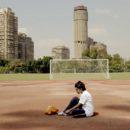
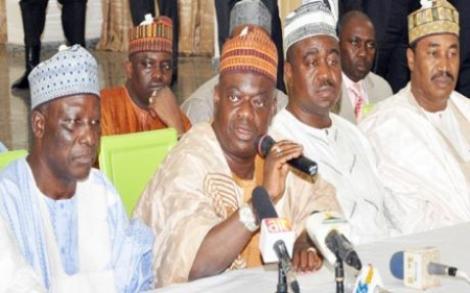
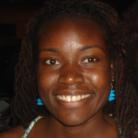


I usually ask why new states failed to be strong after libation from former colonisers or country which they succeed? The answer is very simple. These states are formed after a long gorilla fight. They are able up raise the nations based on hatreds words that they spread on the former coloniser. They don’t have vision or image on how to govern the country after libation or restructure their new country. Because of this the new government will crack down and civil war wil upraise. Otherwise they enter war with their former government or coloniser, negboring countries for simple issues like bordrr trade etc. These is what we hace seen in Ethiopia and Eritrea, Sudan and S. Sudan etc.
No is to be blamed fir such mess except the new countries abd its nation. They have create their country with vision and hope for the new generation.